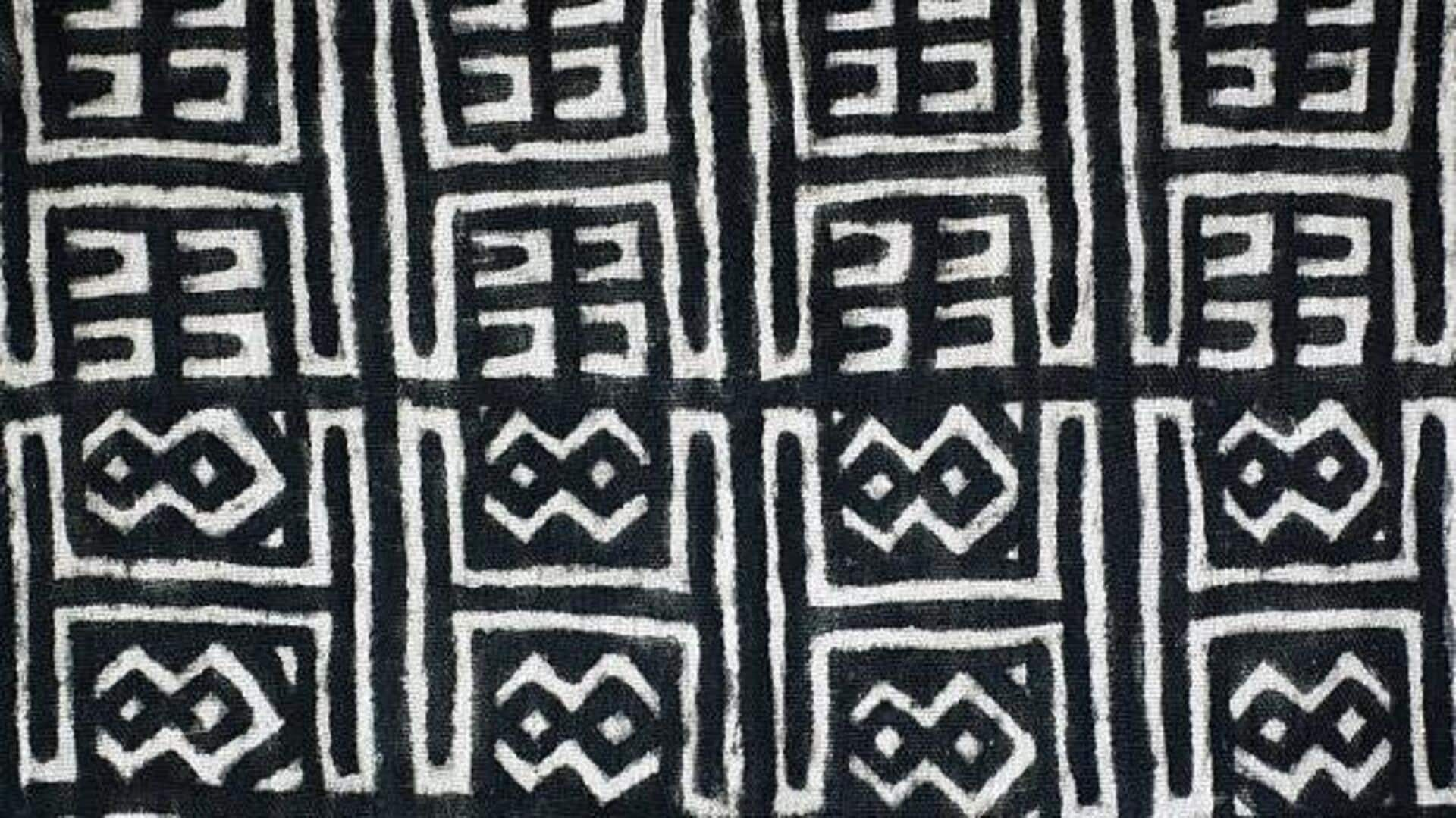
All about Bogolan cloth
What's the story
Malian Bogolan cloth, popularly known as mud cloth, is a traditional textile from Mali that has captured the world's attention with its unique patterns and cultural importance. The fabric is made using the age-old technique of fermented mud and plant dyes to create intricate patterns. While traditional, the Bogolan has a new lease of life in modern fashion and art, attesting to its timelessness.
#1
Traditional crafting techniques
The process of creating Bogolan is painstakingly meticulous as artisans paint patterns on handwoven cotton fabric with fermented mud. The cloth is dyed with natural plant extracts beforehand. Once the mud dries off, it leaves behind distinct dark patterns on a lighter background. This technique not only showcases the craftsmanship of Malian artisans but also preserves an important cultural heritage.
#2
Symbolism in patterns
Each pattern on the Bogolan cloth represents meanings associated with history, mythology, or social status. These symbols, which depict everything from animals to historical events and proverbs, are beautifully woven into the fabric's design. Given through generations, these motifs tell the tale of cultural identity and storytelling. This makes every piece uniquely special.
#3
Modern fashion adaptations
Over the past few years, designers have embraced the aesthetic of Bogolan, infusing it into contemporary fashion collections. This traditional textile now adorns high-end runway shows and everyday wearables, like scarves, bags, etc. By reinterpreting Bogolan for modern audiences, they have been able to keep its rich cultural essence intact. The blend of tradition and innovation is a testament to the fabric's versatility and timelessness.
#4
Artistic expressions beyond fabric
Beyond clothing, Bogolan patterns have inspired several other forms of art including paintings and home decor items like cushions or wall hangings. Artists across the globe appreciate these designs for their boldness and historical depth, which adds character to any artistic endeavor they undertake using this iconic textile as inspiration.